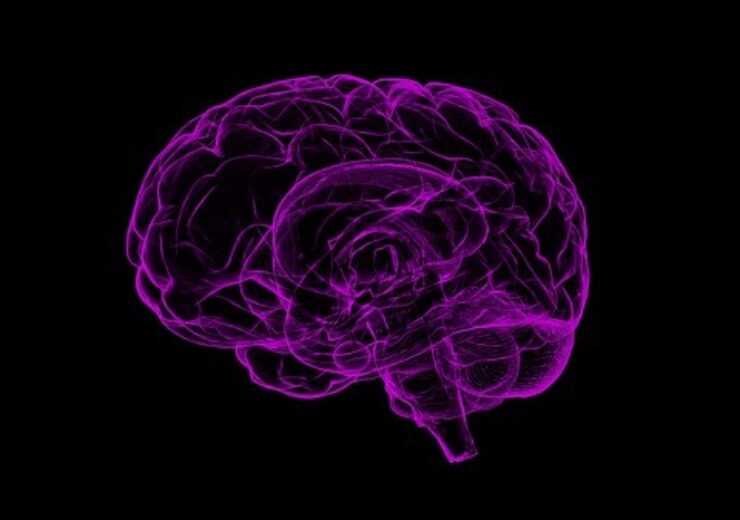The new RF generator will be developed for use with NeuroOne's combination recording and ablation electrode, which enables to record brain activity and ablate brain tissue

NeuroOne and RBC Medical Innovations have collaborated to develop radiofrequency generator. (Credit: Raman Oza from Pixabay)
NeuroOne Medical Technologies has collaborated with RBC Medical Innovations for the development of an advanced radiofrequency (RF) generator.
Both firms will develop and manufacture an RF generator, which can be used with NeuroOne’s combination recording and ablation electrode.
NeuroOne is developing the electrode to support both recording brain activity and ablating brain tissue.
NeuroOne stated that two separate hospital visits and surgeries are required to treat patients with seizures due to epilepsy or brain tumours that may lead to seizures.
The combination of diagnostic and therapeutic functions is believed to save time, money and enhance patient outcomes, as it helps to conduct both procedures with the same device and requires only one hospital visit.
NeuroOne Medical Technologies president and CEO Dave Rosa said: “RBC is a well-respected firm with over 25 years of design, development and manufacturing of differentiated medical devices with some of the world’s largest and most innovative companies.
“We believe this partnership will allow NeuroOne to offer a proprietary complete system combining our game-changing combination ablation electrode with the hardware and software required to perform these procedures.”
RBC Medical Innovations president and CEO Carl Mayer said: “We are honored to partner with NeuroOne on this innovative new system that will significantly improve patient care. Using the cutting-edge Advantage Platforms, RBC will reduce time-to-market, increase reliability and ultimately contribute to NeuroOne’s ongoing success.”
NeuroOne is engaged in the development of minimally invasive and hi-definition solutions for EEG recording, brain stimulation and ablation solutions for patients suffering from epilepsy, Parkinson’s disease, dystonia, essential tremors, chronic pain due to failed back surgeries and other related neurological disorders.
The company is also focusing on the development of applications for other areas such as depression, mood disorders, pain, incontinence, high blood pressure, and artificial intelligence.
